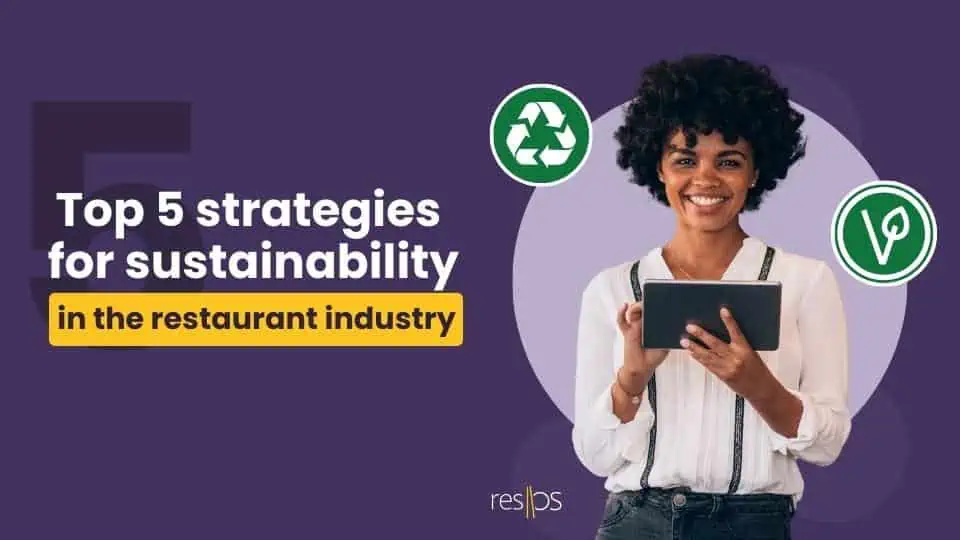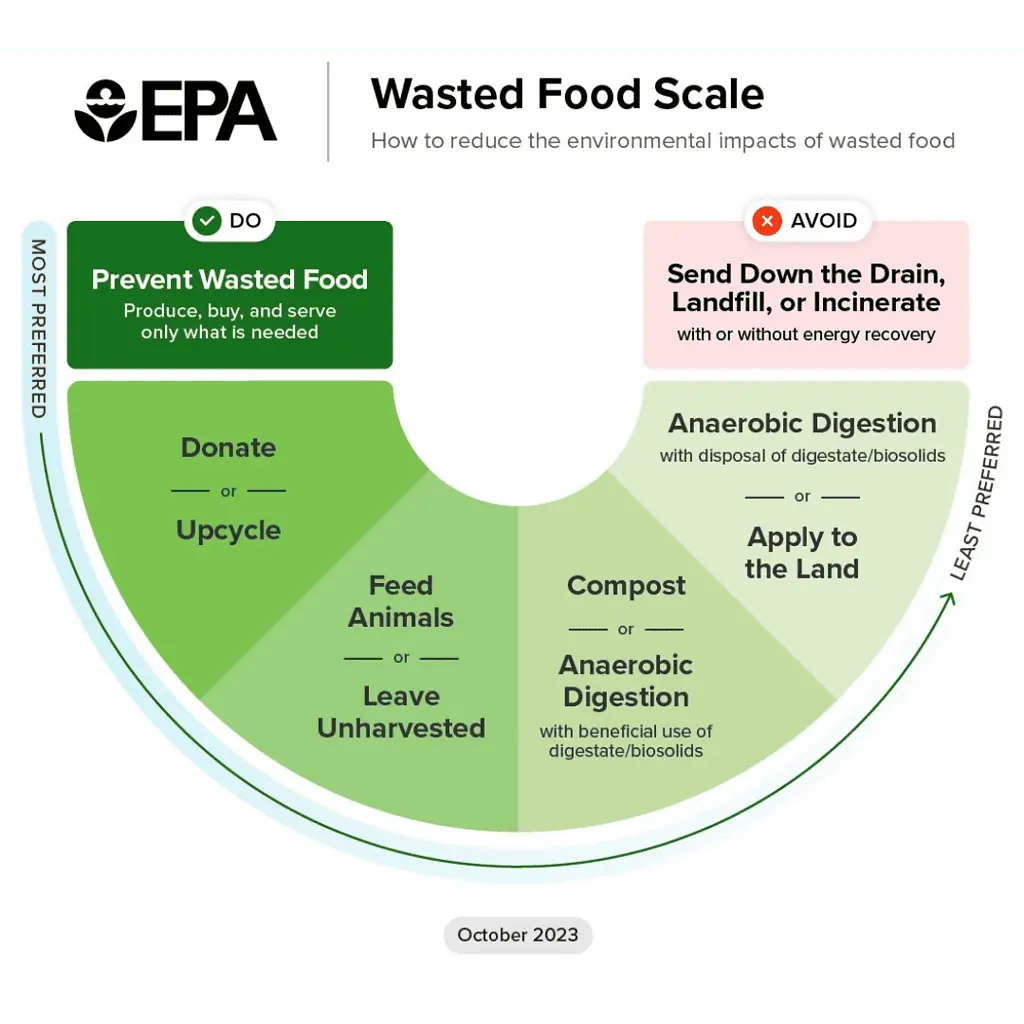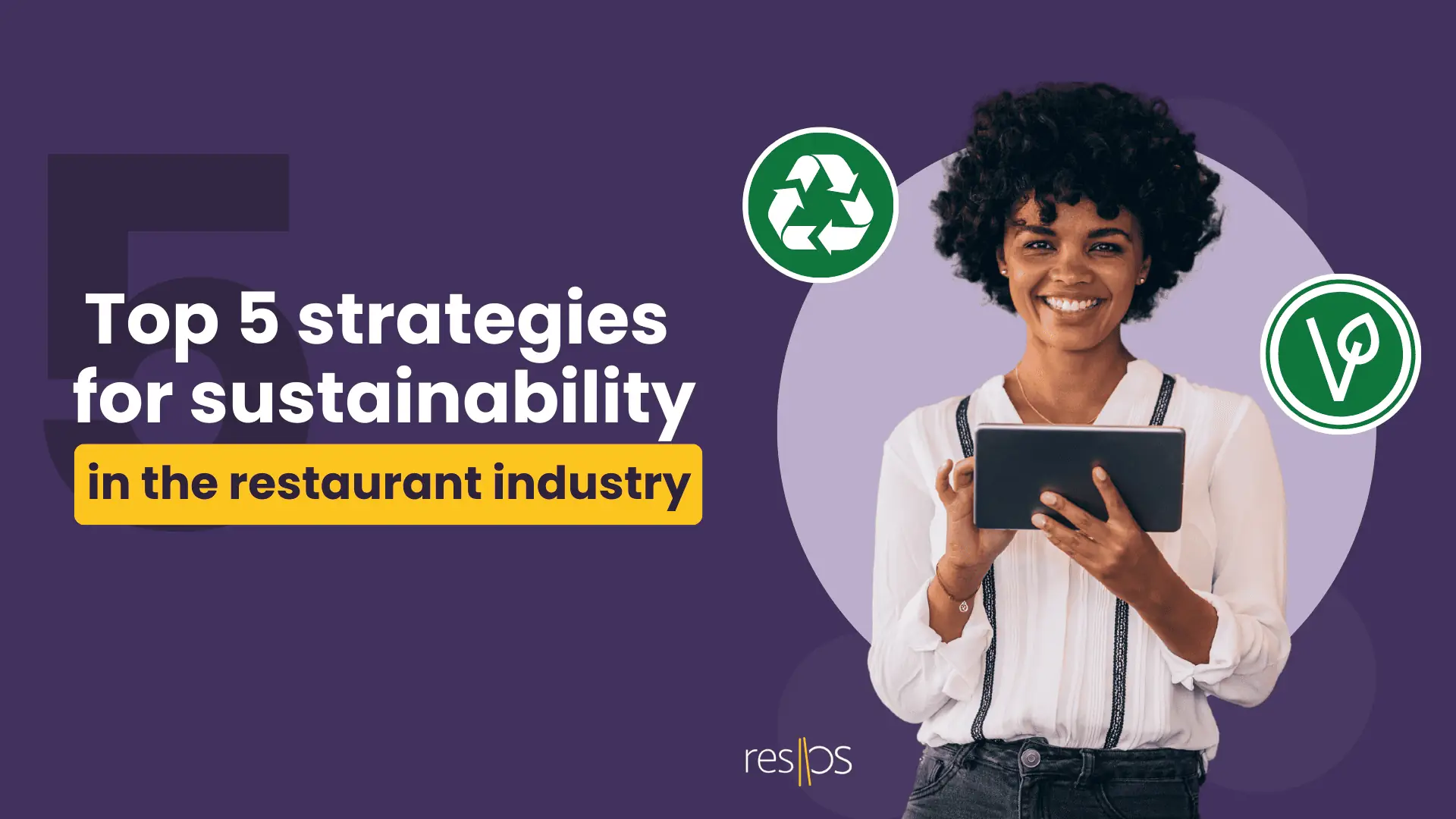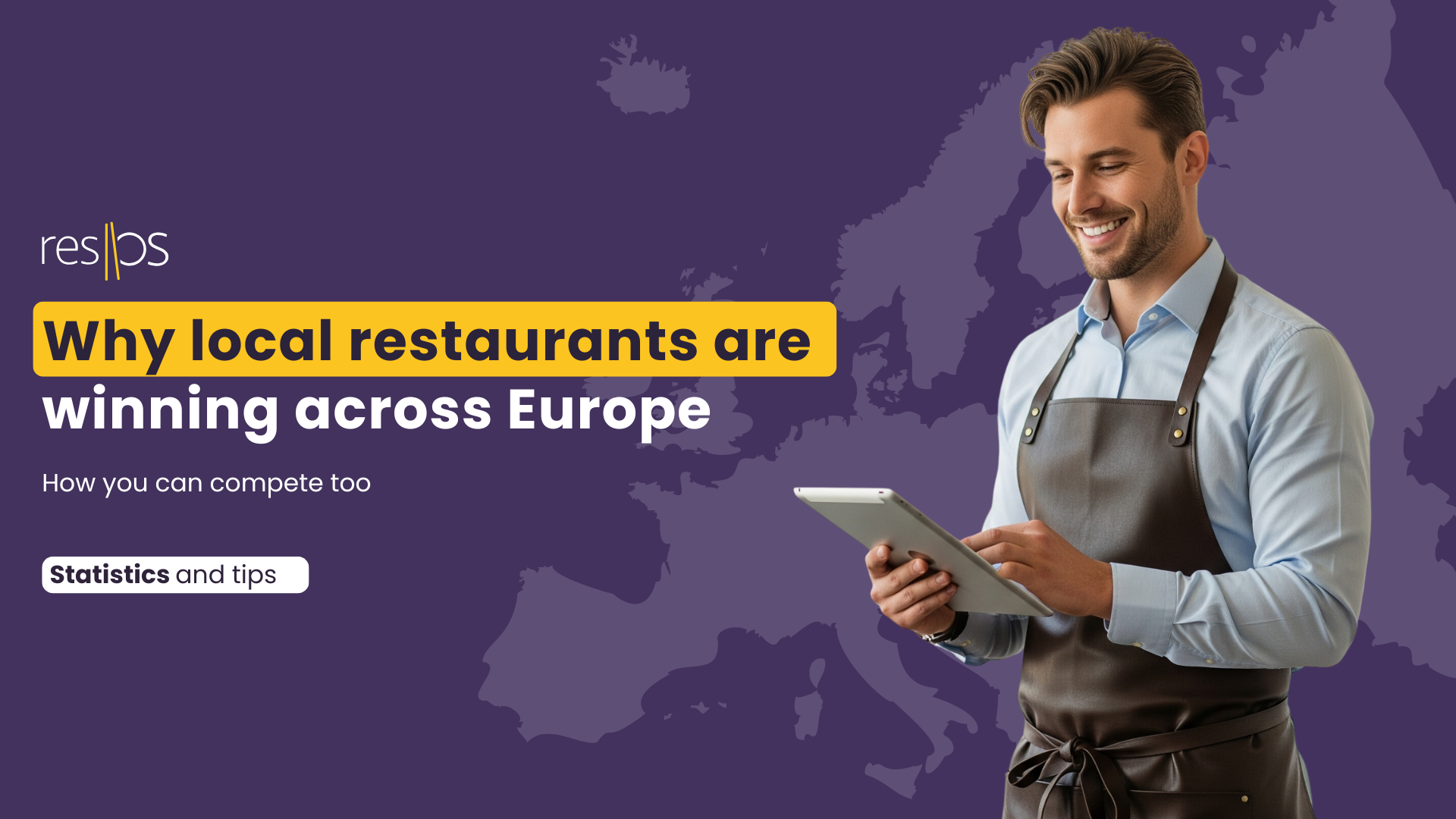
In an era where ♻️ sustainability is not just a buzzword but a business imperative, the restaurant industry stands at the forefront of eco-friendly innovations. As restaurant owners, understanding and implementing sustainable practices is not just beneficial for the environment, but it’s also crucial for enhancing efficiency, reducing costs, and appealing to the growing number of environmentally conscious consumers.
Why does sustainability matter in the restaurant industry?
Sustainability in the restaurant industry significantly impacts both the environment and the business model. A technology-enabled approach to food waste reduction, as detailed by Restaurant Technology News, exemplifies how such practices can revolutionize efficiency and sustainability.
Furthermore, the World Wildlife Fund reports that preventing food waste is critical in combating climate change, as it accounts for 8% of global greenhouse gas emissions, underscoring the need for sustainable practices.

Benefits of sustainability in restaurants
- Cost reduction: Efficient resource use and waste reduction lower operational costs.
- Customer appeal: Many consumers prefer dining at environmentally responsible restaurants.
- Regulatory compliance: Compliance with environmental regulations can avoid fines and improve reputation.
- Community support: Using local produce builds stronger community connections.
Strategies for eco-friendly restaurants
Reduce food waste
Implementing food waste management systems and utilizing technology for tracking and minimizing waste is essential. Regular waste audits can identify areas for improvement. According to the Environmental Protection Agency, reducing food waste can significantly lower the environmental impact of restaurants.

Innovative Solution
Integrate apps like TooGoodToGo to sell surplus food, reducing waste and appealing to budget-conscious customers.
Additionally, implementing a restaurant management system like resOS can further aid sustainability efforts. resOS helps optimize reservation and table management, reducing overbooking and the likelihood of preparing excess food.

Energy efficiency
Investing in energy-efficient appliances and LED lighting can significantly reduce energy costs.
Tip: Conduct regular energy audits to identify further saving opportunities.
Sustainable sourcing
Utilizing local and seasonal ingredients reduces transportation emissions and supports local economies. According to the National Restaurant Association, this also aligns with current consumer dining trends.
💡 Good to know: Local sourcing improves the freshness and quality of your ingredients.
Water conservation
Implementing water-saving practices, fixing leaks, and installing water-efficient equipment are crucial steps. The Water Footprint Network provides insights into water usage in food production, where you can establish a water footprint for your restaurant.
Tip: Educate staff on water conservation techniques for further savings.
Eco-friendly packaging
Implementing eco-friendly takeaway packaging, using materials like biodegradable or recyclable options, is vital for restaurants pursuing sustainability. This choice reduces environmental impact and aligns with the growing customer preference for green practices, enhancing the appeal of your restaurant to eco-conscious consumers and proving to be a smart business strategy.
💡 Good to know: Eco-friendly packaging is increasingly valued by customers, making it a beneficial choice for both the planet and your restaurant’s reputation.
Innovative app solution for restaurants to reduce food waste:
As a restaurant owner, you know that managing food waste isn’t just about being eco-friendly; it’s also about running your business more efficiently. That’s where innovative tech solutions come into play, making it easier for you to tackle this issue head-on.
Take, for example, the TooGoodToGo app. This clever platform is specifically designed to help businesses like yours reduce food waste. It’s quite straightforward – you can list your surplus food items at a discounted price. What does this mean for you? Well, it’s a chance to turn what would have been a waste into an opportunity. You reduce food wastage, earn something back, and even reach new customers who are always on the lookout for a good deal.
The beauty of using an app like TooGoodToGo is that it sends a strong message to your customers: your restaurant isn’t just serving great food, it’s also committed to making a positive impact on the environment. In today’s world, where consumers are increasingly leaning towards sustainable choices, this can really set you apart from the competition.
Conclusion: essential strategies for sustainable restaurant management
The restaurant industry is increasingly embracing sustainability as a core business practice. This shift is not only beneficial for the environment but also enhances operational efficiency, reduces costs, and caters to the growing demand from eco-conscious consumers.
🔑 Key takeaways:
- Environmental impact: Effective waste management and energy conservation significantly reduce your restaurant’s carbon footprint.
- Business efficiency: Sustainable practices lead to cost reduction and operational efficiency.
- Customer appeal: Eco-friendly practices meet the demands of environmentally conscious consumers, enhancing your restaurant’s appeal.
- Regulatory compliance: Adhering to environmental regulations avoids fines and boosts reputation.
- Community connection: Using local produce strengthens community ties and supports local economies.



